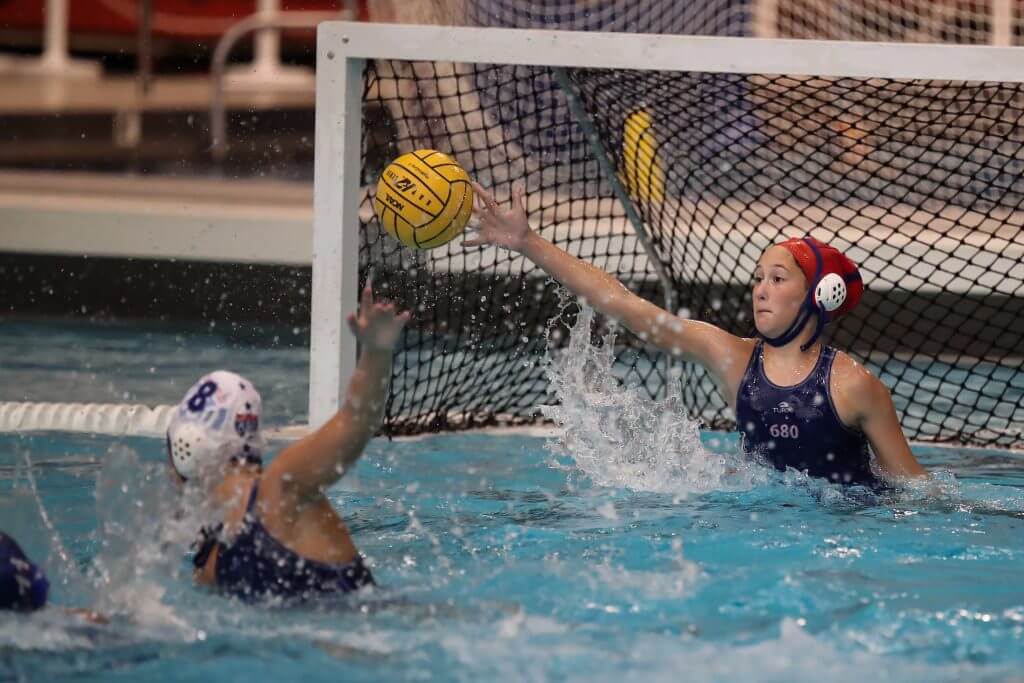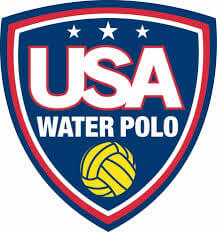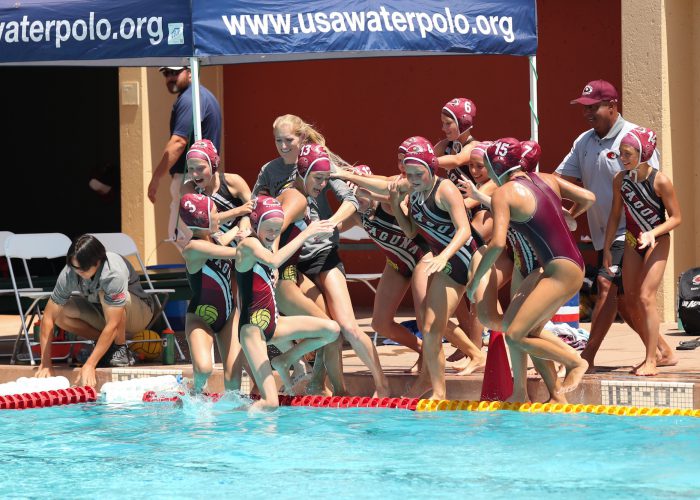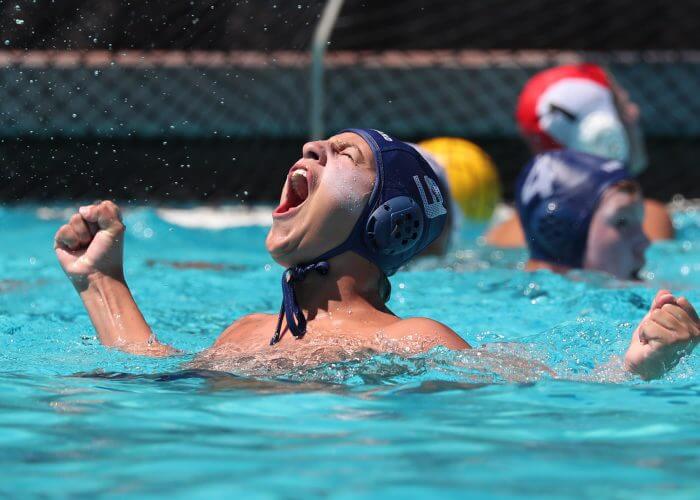First-Ever Cancellation of Water Polo Junior Olympics Underscores USAWP Financial Challenges

In a blow to both its prestige and fiscal health, this week USA Water Polo cancelled the 2020 National Junior Olympics (JOs) tournament. The decision, announced in a statement on Thursday, puts an end to USAWP’s attempts to hold the world’s largest youth polo tournament in the midst of the Covid-19 pandemic.
 The loss of JOs—along with almost two-thirds of this year’s regional and national events because of coronavirus concerns—presents a significant financial challenge for USAWP, the national governing body for polo in the U.S. Not only does the loss of competition impact event and merchandise revenue, the organization’s membership is predicated on participation in events such as JOs, which in recent years has drawn hundreds of teams and thousands of participants and their parents.
The loss of JOs—along with almost two-thirds of this year’s regional and national events because of coronavirus concerns—presents a significant financial challenge for USAWP, the national governing body for polo in the U.S. Not only does the loss of competition impact event and merchandise revenue, the organization’s membership is predicated on participation in events such as JOs, which in recent years has drawn hundreds of teams and thousands of participants and their parents.
It is the first time in memory that the tournament—held annually under different formats since 1936—has been cancelled. But, it wasn’t for lack of effort; USAWP first postponed the tournament until health and travel concerns forced the elimination of one of the world’s biggest youth athletic events.
Last April, it was announced that this year’s JOs—originally scheduled for July 18-26—would be postponed until the fall. At that time, a decision was made to divide the tournament—which in 2019 saw almost 1,000 boy’s and girl’s teams descend upon California’s SoCal region—into two sessions: one to be held in late November and one in late December.
That solution—with a session featuring 10U, 12U and 14U competition for boys, girls and mixed divisions, to take place from November 21-24 in and around Stanford University, and another for 16U, 18U boys and girls to take place December 27-30 in Irvine—was at best a band aid for USAWP’s signature event.

Wait until next year (at least) for this celebration. Photo Courtesy: Catharyn Hayne
With the cancellation, the governing body for polo in America ensures that Covid-19 will have an enduring impact on the one of the country’s most vital polo events. Not only does it short-circuit the competitive dreams of hundreds of age group clubs throughout the U.S., it also exposes the financial peril posed by the pandemic. Of 14 regional and national events planned for 2020; the JOs is by far the organization’s largest and most lucrative.
In its most recent financial accounting, reflecting revenue and expenses from 2019, the organization brought in $2.6 million from all events. This represents 20% of the organization’s $12.8 million budget, but does not include all merchandise sales, which was listed as $343,777 in 2019. A week of competitive play entices captive parents and players to seek souvenirs, making the Junior Olympics USAWP’s most attractive sales event.
Dues from the organizations 50,000-plus members—which totaled $3.8 million last year—are driven by interest in JO participation, including regional qualification competition throughout the organization’s 11 zones spanning the country’s 50 states.
In addition to canceling JOs, Thursday’s announcement stated that the 2020 Rock-tober, the PCA 12 & Under Classic and the 2020 Champions Cup were also cancelled. These join events previously furloughed, including the USA Masters Championship, the Men’s and Women’s Senior National Championships and the Fisher Cup, which has become the culmination of the USAWP’s National League season.

Photo Courtesy: Catharyn Hayne
This is in addition to the postponement of the 2020 Olympics, the premier event for the sport worldwide. Rescheduling the Tokyo Games to 2021 as a result of the coronavirus did not just blunt expectations of the U.S. men’s and women’s teams—in particular the American women, who are prohibitive favorites for a third-straight gold medal. An Olympic year also represents a fundraising bonanza for all U.S. governing sports bodies.
Unlike many other countries, the U.S. government does not provide financial support to its Olympic sports programs, meaning athletes and NGBs need to raise funds to sustain their athletic dreams.
For this minor—but passionately supported—Olympic sport, 2020 is ending on a sour note, one that will only improve with the much-anticipated roll-out of a Covid 19 vaccine next year.




Water Polo is popular across the country but USAWP is based in SoCal. Sporting events are being played throughout the country, so why has there not been a return to play yet? Because California dictates what gets to happen for the entire country in this sport.
Thank you for this comment. I can appreciate your perspective that USAWP — located in Irvine, CA —is biased when it comes to the current health crisis. I’d like to differ for two reasons. First, being based in New York City, it’s only now (actually, at the end of this month) that indoor pools are being allowed to open (at 30% capacity). This decision has nothing to do w/sports and everything to do with health (whether you agree with it or not).
Second, coronavirus restrictions are entirely driven by individual states (and I won’t delve into the political / health factors driving these decision). USAWP has (IMO) been pushing for MORE competition (BTW, I’ll be posting a story about an outdoor tournament this weekend in Pittsburgh, PA — a welcome situation indeed).
My reasoning in reporting on the cancellation of JOs is not to chide USAWP; it’s to point out the changed economic reality that the organization (and so many OTHER U.S. businesses) are now operating in. It seems to me that the health concerns for contact sports (even one that’s played in a chlorinated – i.e. a Covid-killing – environment) may not fully return until a vaccine is widely available.
Your correspondent